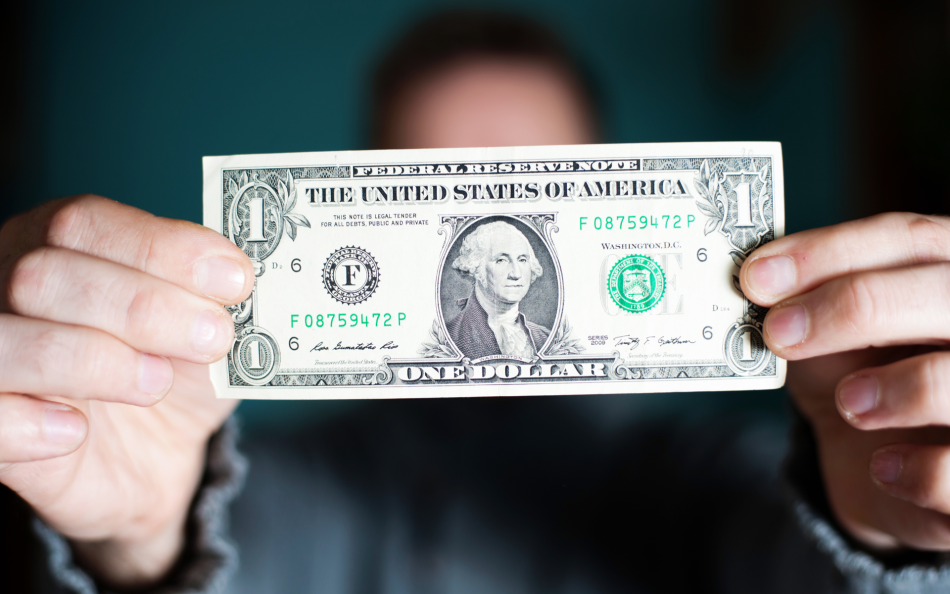Though the federal minimum wage has stayed stagnant for a decade, there has been a push to increase the minimum wage in certain cities and states, and the benefits of doing so go beyond merely enabling people to afford their rent.
A higher minimum wage could keep people out of prison and has been linked to fewer instances of child maltreatment. It could also literally keep people alive, by leading to fewer suicides. According to a new study published this week, a mere $1 increase in the minimum wage is linked to a 3.5% to 6% drop in the suicide rate among Americans with a high school education or less.
The study had two main research questions: ‘How do minimum wage increases affect suicide rates?’ and ‘How does that relationship between minimum wage and suicide differ depending on the unemployment rate?’
What they found was that the potential protective effect there of a higher minimum wage is stronger when unemployment rates are higher. Over the same time period, the study saw no effect between minimum wage increases and the suicide rates of those with a college education or higher, helping to strengthen their case.
It’s a complicated study that obviously involves a high number of factors to control for, but overall, the study joins a growing body of research suggesting that better wages improve the well-being of people.











